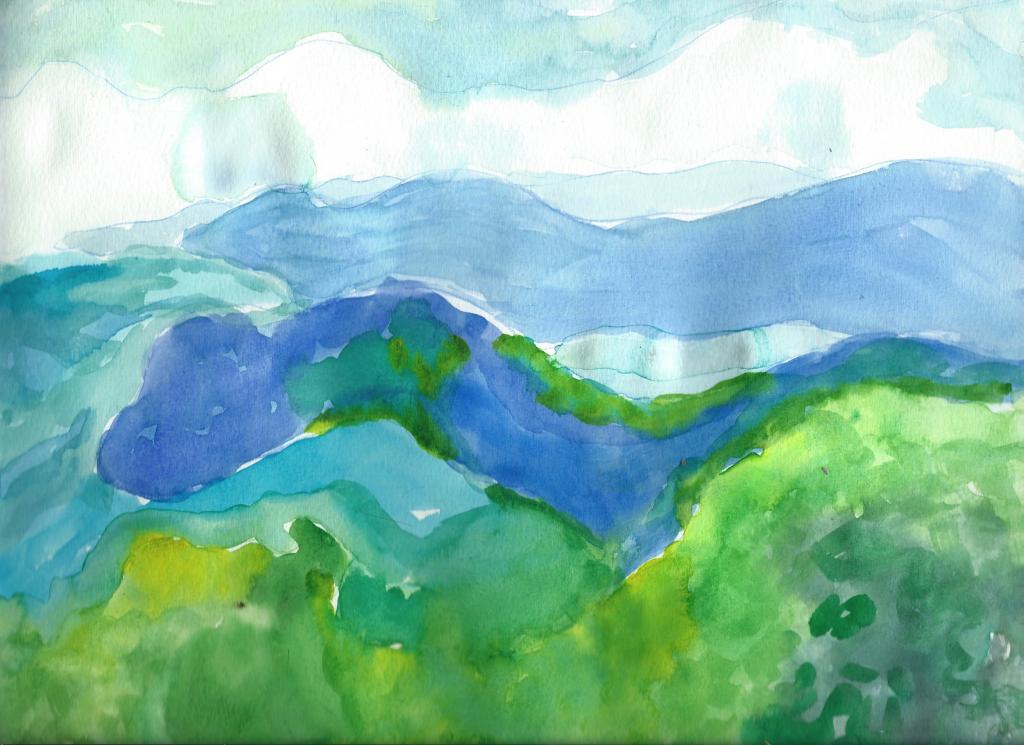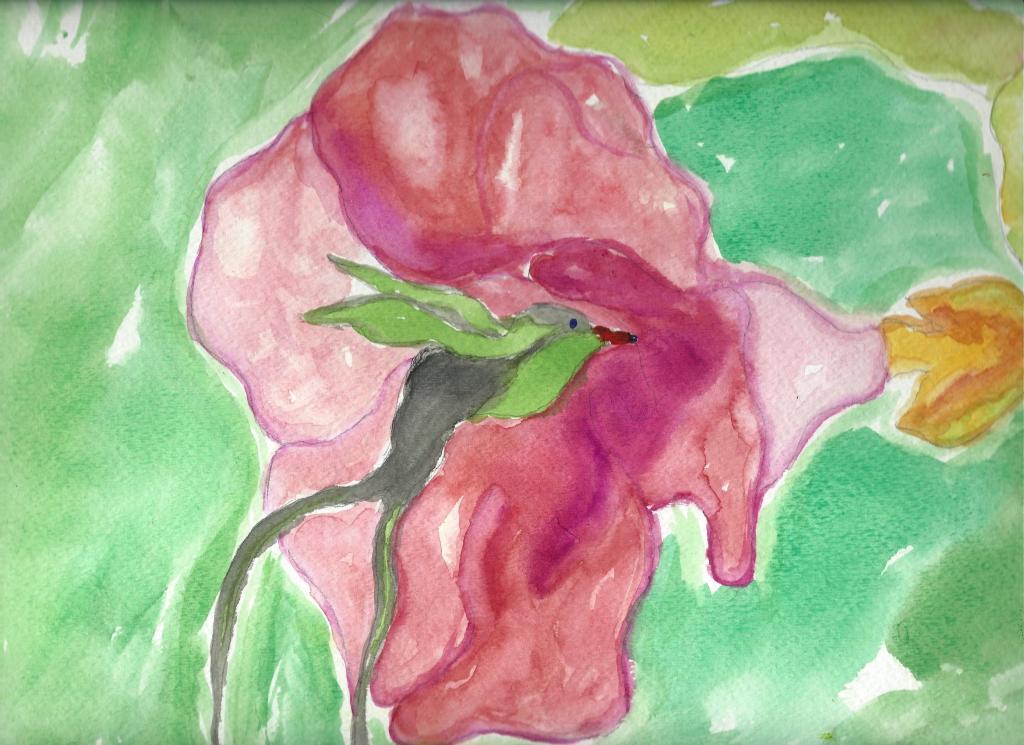Citron
It is April 26, 1785. The small hot isolated commune of Les Cayes,
Saint Domingue, where you are born, is later to be called Haiti.
Historians tell us that the Haitian Revolution will start six years after your birth,
Mr. Audubon, and end five years later, but I find myself wondering:
How do you even date the beginning and ending of such things?
You were born into a town and a place known for the sharp smell of sugar.
Your father was a French naval officer;
your mother his chambermaid mistress.
It is tempting to wonder, who felt they got the better of the other?
In any case, the heat and mosquitoes made short shrift of your mother.
How many wet nurses were you then passed on to, Mr. Audubon?
How many dark brown and yellow ochre arms must have held and hushed you?
How many tied cotton bags of crystallized sugar were you and your father’s other
bastards given to suckle? So you could, years later, find yourself
in New Orleans, broke and destitute but still appalled and disgusted
at all the citron-hued human admixture in abundance all about you?

Jacqueline Bishop, “Landscape 1,” 2017, Watercolor, 11x14.
***
New World Finches
Everything happens little by little.
Everything is linked by one and the same example.
This is what Darwin believed.
Take, for example, these New World finches
that Darwin did not even bother labeling correctly.
These New World finches, all twelve or thirteen species,
originating from one common South American ancestor.
Take, for example, their migratory flights from the mainland,
how they sing even while they are flying,
how they travel in small loose groups, these birds
so peculiar to the archipelago. Take, for example, how individual groups
populate individual islands,
Their various adaptations—the shape of their beaks,
how they build the cup-shaped nests that will hold
the bright blue eggs of their young.
Take, for example, how these small dark birds
with their sad and haunting song, will, little by little, become
the brightly lit link in Darwin’s explosive new theory of evolution.

Jacqueline Bishop, “Birds 1,” 2017, Watercolor, 11x14.
Jacqueline Bishop’s most recent book, The Gymnast and Other Positions, was awarded the 2016 OCM Bocas Award in Non-Fiction. She is also the author of the novel The River’s Song, two collections of poems, and two nonfiction books. An accomplished and widely exhibited visual artist, Bishop is an associate professor at New York University.